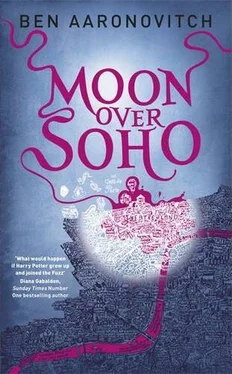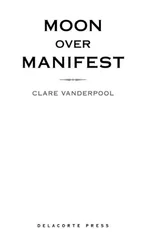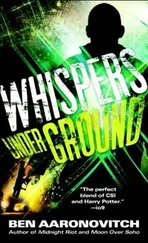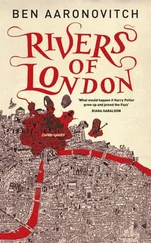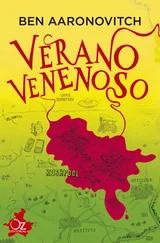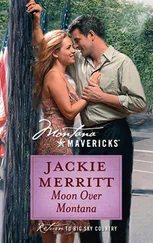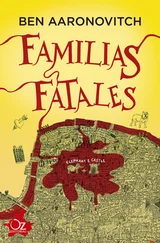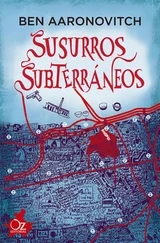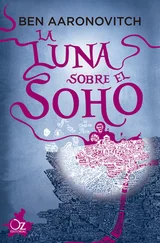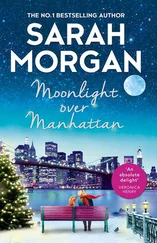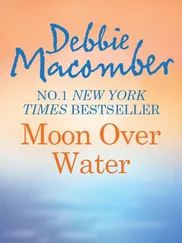These days the musicians text each other and arrange their gigs on the Internet and the Musicians Union has crossed the river to set up shop on the Clapham Road. It was a Sunday but on the basis that music, like crime, never sleeps I gave them a ring. A guy at the main office, once I’d convinced him this was a police matter, gave me the mobile number for Tista Ghosh, the Jazz Section’s welfare officer. I rang her and left a message identifying myself and giving an impression of urgency without actually saying anything concrete. Never record anything you wouldn’t want turning up on YouTube is my motto. Ms. Ghosh rang back just as I was reaching my car. She had the kind of precision-tooled middle-class accent that only comes from being taught English as a Second Language in the cradle. She asked me what I wanted and I told her that I wanted to talk about unexpected deaths among her members.
“Does it have to be this evening?” she asked. Behind her I could hear a band playing “Red Clay.”
I told her I’d try and keep the interview as short as possible. I love using the word interview because members of the public see it as the first step up the legal staircase that goes from “helping the police with their inquiries” to spending time at Her Majesty’s pleasure locked in a small cell with a large sweaty man who insists on calling you Susan.
I asked her where she was currently.
“At the Hub in Regent’s Park,” she said. “It’s the Jazz in the Open Air Festival.”
Actually, according to the poster I saw at the gate later, it was the LAST CHANCE FOR JAZZ IN THE OPEN AIR FESTIVAL sponsored by the company formerly known as Cadbury Schweppes.
Five hundred years ago the notoriously savvy Henry VIII discovered an elegant way to solve both his theological problems and his personal liquidity crisis — he dissolved the monasteries and nicked all their land. Since the principle of any rich person who wants to stay rich is, Never give anything away unless you absolutely have to, the land has stayed with the Crown ever since. Three hundred years later the prince regent hired Nash to build him a big palace on the site with some elegant terraces that could be rented out and thus cover the prince’s heroic attempt to debauch himself to death. The palace was never built but the terraces and debauchery remained — as did the park, which bears the prince regent’s title. One end of the park, the Northern Parklands, is given over to playing fields and sports facilities and at the center of those sits the Hub, a large artificial hillock with a pavilion and changing rooms built into it. It has three main entrances built in the manner of aircraft dispersal pens that make it look like the ground-floor entrance to the lair of a super-villain. On top is a circular café whose Perspex walls give a 360-degree panorama of the whole park where customers can sit, drink tea, and plot world domination.
It was still sunny but the air was taking on a warning chill. In August the crowd spread out in front of the temporary stage and lounging on the concrete apron that surrounded the café would have been half naked. But by mid-September sweatshirts had been unwrapped from around waists and sleeves pulled down. Still, there was enough golden sunlight to pretend, if only for another day, that London was a city of street cafés and jazz in the park.
The current band was playing something fusiony that even I wouldn’t classify as jazz, so I wasn’t surprised to find Tista Ghosh nursing a white wine beyond the refreshment tents where the noise would be muffled. I called her mobile and she guided me in.
“I hope you’re buying,” she said when I found her. “I can’t make this Aussie fizz last much longer.”
Why not, I thought. I’ve been getting them in all week, why stop now?
Ms. Ghosh was a slender light-skinned woman with a sharp nose who favored long dangly earrings and kept her long black hair tied back in a ponytail. She wore white slacks and a purple blouse and over that a gentrified biker’s leather jacket that was at least five sizes too big for her. Perhaps she’d borrowed it against the chill.
“I know what you’re thinking,” she said. “What’s a nice desi girl like me doing in the jazz scene?” Actually I was thinking where the hell she’d got that leather jacket and should she, for religious reasons, be wearing a leather jacket in the first place.
“My parents were deeply into jazz,” she said. “They were from Calcutta and there was this famous club called Trinca’s on Park Street. You know I visited there last September — there was a wedding. It’s all changed now but there used to be this great jazz scene, that’s where they met. My parents, not the relatives who were getting married.”
The jacket had a line of crudely made badges down the left-hand lapel, the type you could stamp out with a hand press. I surreptitiously read them while Ms. Ghosh expounded upon the innovative jazz scene that flourished in India after the war. ROCK AGAINST RACISM, ANTI-NAZI LEAGUE, DON’T BLAME ME I DIDN’T VOTE TORY — slogans from the 1980s, most from before I was born.
Ms. Ghosh was just telling me about the time Duke Ellington played at the Winter Palace — the hotel in Calcutta, not the birthplace of the Russian revolution — when I decided that it was time to put the conversation back on track. I asked whether she was aware of any sudden deaths among her members, particularly during or just after a gig.
Ms. Ghosh gave me a long skeptical look.
“Are you having me on?” she asked.
“We’re looking into suspicious deaths among musicians,” I said. “This is just a preliminary inquiry. The deaths might have looked like the result of exhaustion or drug or alcohol abuse. Have you seen anything like that?”
“In jazz musicians,” she said. “Are you kidding? If they haven’t got at least one bad habit we don’t let them in the union.” She laughed, I didn’t, she noticed and stopped. “Are we talking murders here?”
“We don’t know at this stage,” I said. “We’re just acting on information received.”
“I can’t think of anyone off the top of my head,” she said. “I can look up my records tomorrow if you like.”
“That would be really helpful.” I gave her my card. “Could you do it first thing?”
“Sure,” she said. “Do you know those guys are staring at you?”
I turned to find the irregulars watching me from the eaves of the beer tent. Max gave me a wave.
“You don’t want to be talking to him, miss,” called James. “He’s the jazz police.”
I said good-bye to Ms. Ghosh and hoped that she still took me seriously enough to look up the information I wanted. To make it up to me the irregulars agreed to buy me a drink.
“What are you doing here?” I asked.
“Where the jazzman sups there sup I,” said James.
“We were supposed to be playing the festival,” said Daniel. “But without Cyrus …” He shrugged.
“You couldn’t get anyone else?” I asked.
“Not without lowering our standards,” said James.
“Which admittedly were already pretty low,” said Max. “I don’t suppose you play.”
I shook my head.
“Pity,” he said. “We were going to play the Arches next week.”
“We were actually second from the bottom of the bill,” said Daniel.
I asked Daniel whether he played anything other than the piano.
“I do a mean Gibson electric,” he said.
“How would you like to play with a man who is almost a jazz legend?” I asked.
“How can you ‘almost’ be a jazz legend?” asked Max.
“Shut up, Max,” said James. “The man’s talking about his father. You are talking about your father?”
There was a pause — it was common knowledge that my dad had lost his lip. It was Daniel who put it together. “He’s switched instruments, hasn’t he?” he asked.
Читать дальше
